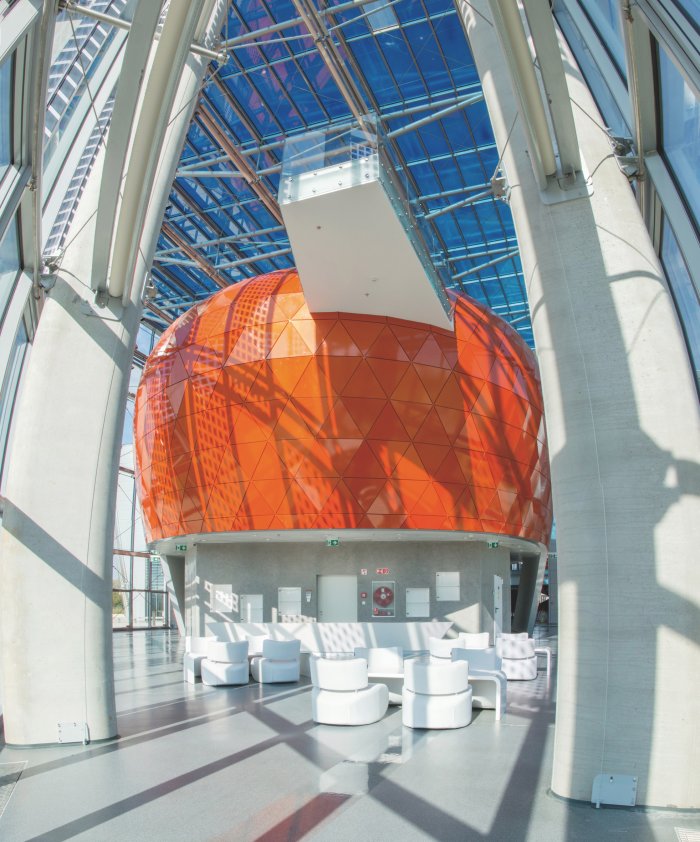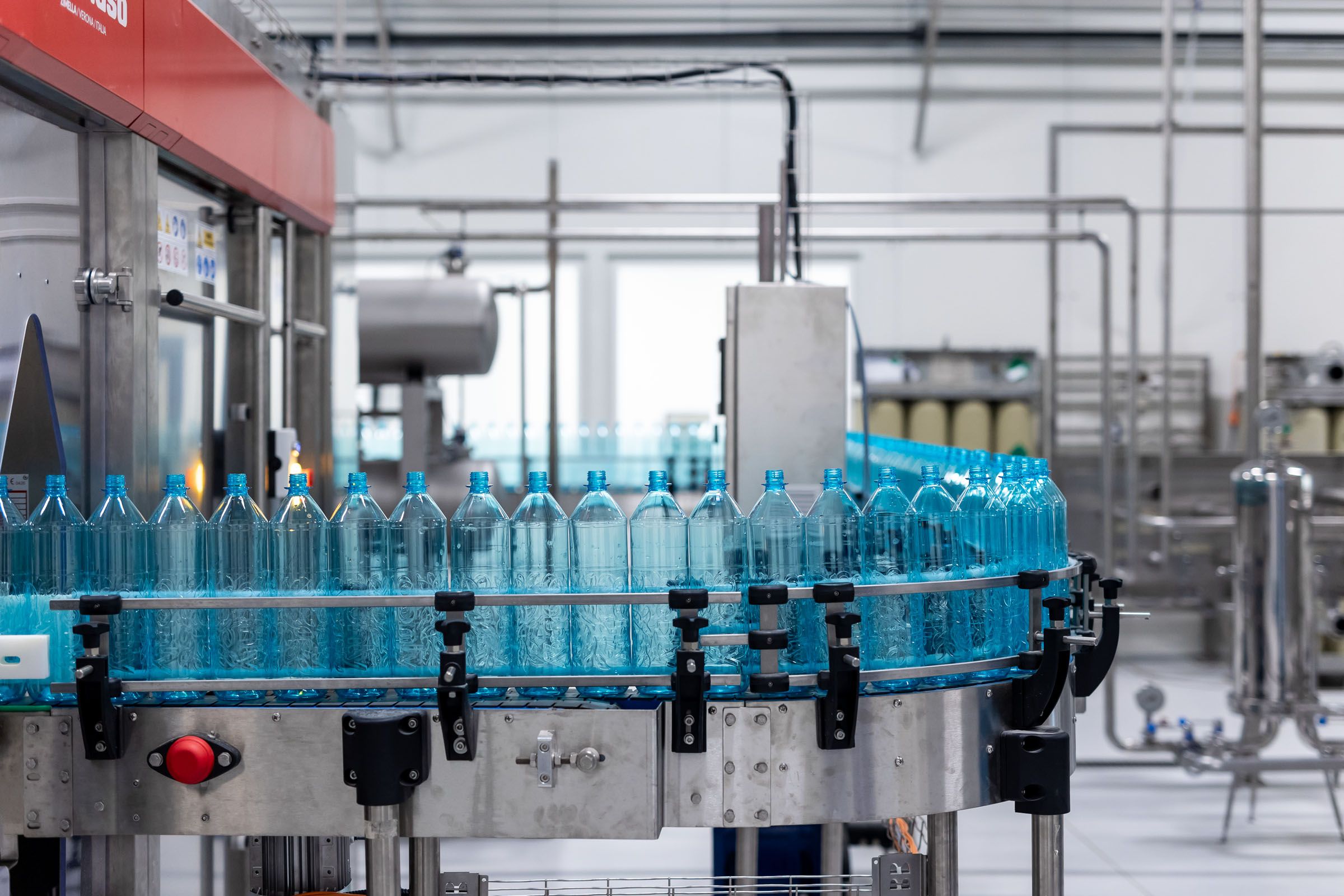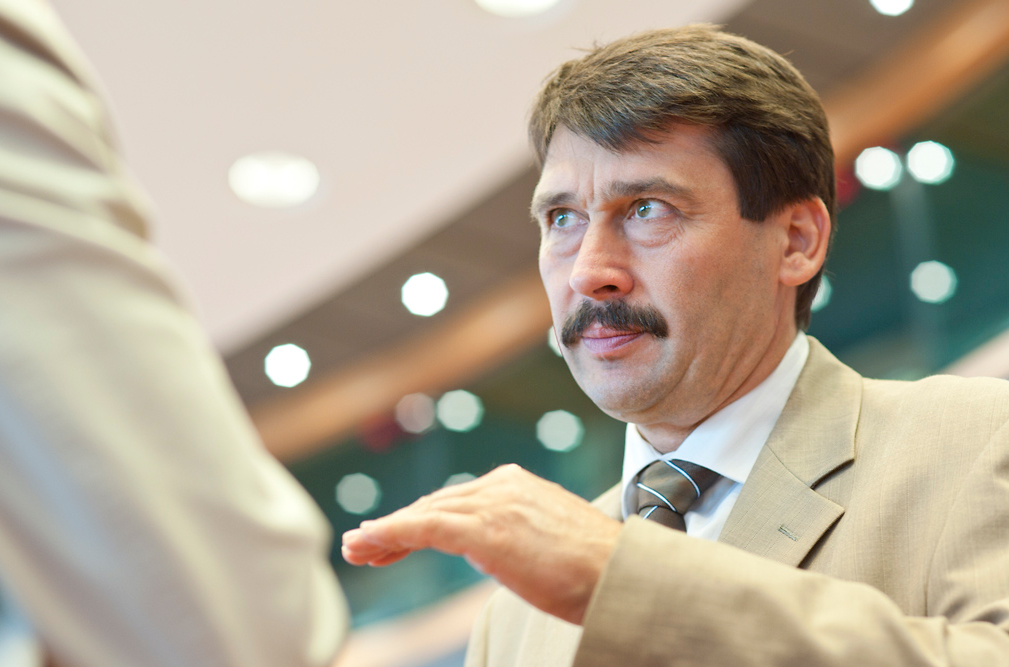Foreign researchers start experiments at Szeged laser center

Swiss and Greek research groups are the first foreign users of the ELI-ALPS laser facility in Szeged where laser equipment is already operational. The first phase of experiments has been successfully concluded, according to a press release sent to the Budapest Business Journal.
The research infrastructure of the ELI-ALPS (Extreme Light Infrastructure - Attosecond Light Pulse Source) laser center primarily serves discovery research projects and is open to scientists from all over the world to conduct their experiments in Szeged, noted the press release.
In the building which was delivered last May, the first experimental equipment was put into operation in late October by ELI-ALPS researchers and their partners and manufacturers. In addition, the first external, foreign users of the laser facility also arrived this January from Switzerland.
The first phase of experiments, which was also the first live test of the laser equipment, has been successfully concluded, led by Hans Jacob Wörner with the research group of ETH Zurich, the Swiss Federal Institute of Technology in Zurich.
“A large variety of laser-based sources have been developed and are being developed in the ELI laser facility in Szeged,” noted Károly Osvay, research technology director at ELI-HU Nonprofit Kft., at a press conference at the ELI center in Szeged. “The laser equipment built in the center is unique and the individual parts of the equipment are put into live operation gradually, while specifications will be subject to change initially,” he added.
The total investment cost of the center, which also serves research in medicine and materials science, is HUF 80 billion (approx. EUR 260 million), noted the press release.
The Extreme Light Infrastructure (ELI) project is an integral part of the European plan to build the next generation of large research facilities identified and selected by the European Strategy Forum on Research Infrastructures (ESFRI), according to the project website.
The ELI will be the first infrastructure in the world able to investigate interactions between light and matter with the highest intensity, in the so-called ultra-relativistic range, the website explains. It will open a doorway into new territories within physics, as well as establishing such new technical developments as relativistic microelectronics and small laser particle accelerators. It is claimed that ELI will have a considerable impact on numerous fields of materials sciences, medicine and environmental protection.
SUPPORT THE BUDAPEST BUSINESS JOURNAL
Producing journalism that is worthy of the name is a costly business. For 27 years, the publishers, editors and reporters of the Budapest Business Journal have striven to bring you business news that works, information that you can trust, that is factual, accurate and presented without fear or favor.
Newspaper organizations across the globe have struggled to find a business model that allows them to continue to excel, without compromising their ability to perform. Most recently, some have experimented with the idea of involving their most important stakeholders, their readers.
We would like to offer that same opportunity to our readers. We would like to invite you to help us deliver the quality business journalism you require. Hit our Support the BBJ button and you can choose the how much and how often you send us your contributions.







